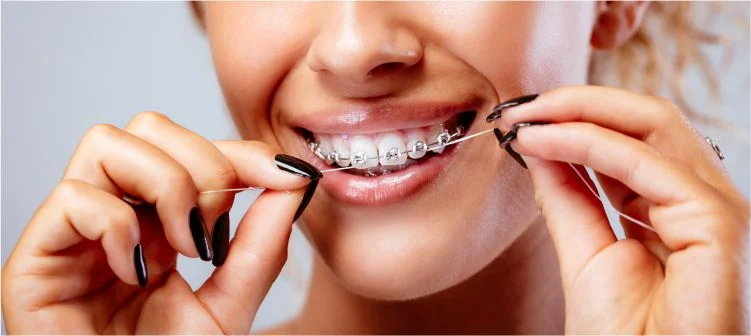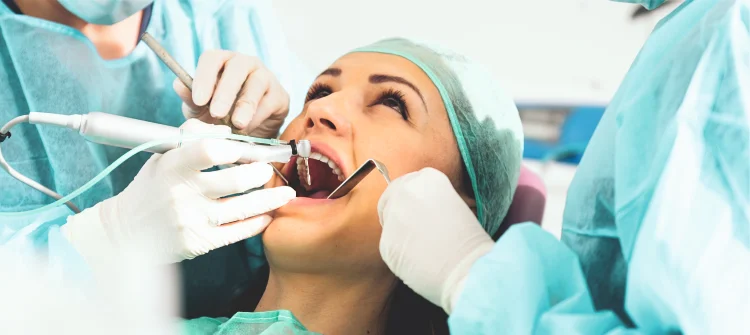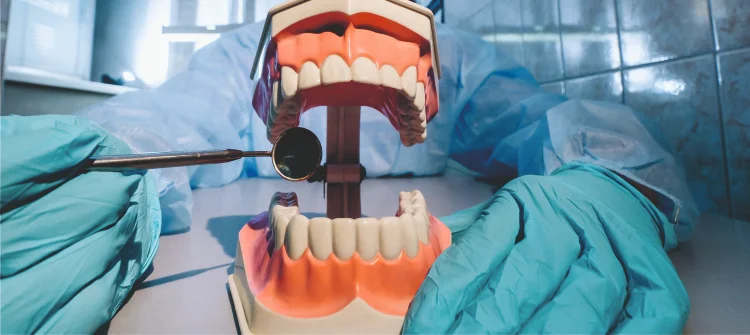
Braces often cause mild discomfort or aches as a side effect. However, the patient should only feel it immediately after your orthodontist adjusts or tightens the braces. The soreness hardly ever lasts more than a week and usually goes away after four days.
Dental braces are a standard orthodontic treatment that can straighten teeth and improve bite and jaw alignment. One of the most critical steps in getting braces is having them tightened regularly throughout treatment, as it helps to move the teeth into the desired position gradually.
The process then makes the straightened teeth essential for an individual to have a good look and show their personality. After braces tightening check-ups, some patients report no pain, while others may feel uncomfortable for one to three days.
Is tightening braces hurtful?
Tightening braces can be a bit hurtful. In addition, one may experience some soreness or tenderness after the tightening session. It’s because your Dentist in Frisco may increase the pressure on your braces to compensate for the looseness brought on by your teeth straightening. However, it indicates that the braces function and realign your teeth and are perfectly normal.
The pain after braces tightening is usually described as a dull ache and can be accompanied by mild discomfort or sensitivity when biting or chewing. It is common for the pain to lessen with each appointment.
As the teeth’ location changes, the blood flow is altered, affecting the inflammatory responses and thus triggering pain. Therefore, at regular intervals, the process should be done.
Why do braces require tightening?
Braces require tightening because teeth slowly move to their proper positions with them. It aids in closing any gaps and straightening your teeth.
Tightening your braces is applying gentle pressure to the teeth, encouraging them to move into their desired positions over time.
This process is called tooth movement, and it’s a gradual process. Brace tightening keeps the teeth moving in the right direction and ensures that the braces work effectively. The weight of the other teeth is applied to each other. Thus, it loses the tooth’s braces.
How often is brace tightening required?
Braces Tightening is required every four to six weeks as per the most dentists who provide dental braces treatment. It helps prevent setbacks throughout the treatment and ensures that the teeth move into the right place.
However, the frequency of brace tightening depends on each case. It’s essential to attend all scheduled appointments with your dentist to ensure that your braces are functioning the way they should. It will also avoid the teeth hurt with braces.
Foods to eat after tightening your braces:
Tightening your braces is essential, as described above, but now an individual should understand that it gets teeth sensitive after braces. After tightening your braces, you must eat soft food which does not need chewing or it is easy to chew and swallow. Examples of soft foods include:
- Applesauce
- Yogurt
- Pudding
- Jell-O
- Mashed potatoes
- Soups and broths
- Cooked or steamed vegetables
- Eggs
- Fish
So, an individual must know which types of foods to eat after getting the braces.
How to reduce pain after braces tightening?
Brace tightening indeed hurts, but there are a few things you can do to reduce pain and discomfort after getting your braces tightened:
- First, take over-the-counter pain medication as prescribed by the Dentist.
- Rinse your mouth with warm salt water to reduce inflammation.
- Apply cold compress or ice packs to the outside of your jaw for 10-15 minutes.
- Gently massage your gums with a finger to help relieve discomfort.
- Finally, avoid hard, crunchy, or sticky foods that irritate your braces and cause pain.
These remedies will relieve the pain occurring due to tightening the braces.
Set up the best braces treatment session with experts now:
Our specialized dentists at Pinnacle Dental provide the best care throughout the braces treatment. Get in touch with our Dentist for professional advice and guidance for getting braces.




